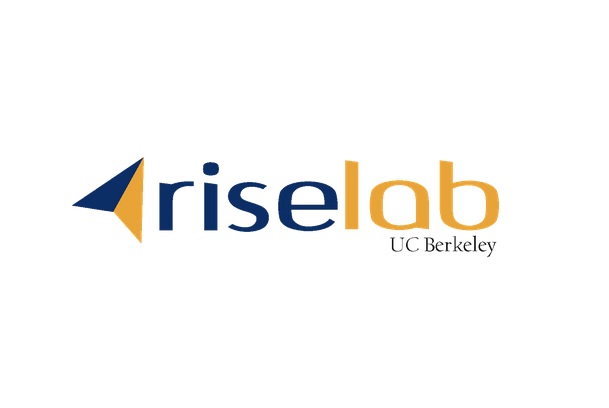Ericsson, Huawei, Google and Intel are co-sponsoring a machine learning project aimed at improving how systems consume and use real-time data.
RISELab, which will develop Real-Time Intelligence with Secure Execution (RISE) systems, launched on 23 January and will be based at the University of California, Berkeley.
It aims to provide a general purpose, open source platform that can facilitate wider innovation. The systems are intended to power a wide range of applications, including both consumer and industrial.
Other founding sponsors include Amazon Web Services, Ant Financial, Capital One, GE Digital, IBM, Microsoft and VMWare.
The telecoms companies involved in the project aim to enable the workloads that will be required by intelligent devices in the IoT era.
Martin Frojd, Head of Cloud and Data Platforms at Ericsson, said that the platform would “enable a world of connected devices.”
He said: “The key workloads in the 5G era will be distributed data collection and control systems.”
RISELab Principal Investigator and Director Professor Ion Stoica said that the technology would have “applications wherever computing decisions need to interact with the world in real time, ranging from earthquake warning systems, to coordinating fleets of self-driving cars and drones, to cyber security and real-time financial services”.
The involvement in the project comes amid wider 5G trials that are underway at both Ericsson and Huawei.
Last week, Ericsson hit 24.7GBps in a 5G test with Turkcell.
Also earlier this month, Huawei hit transmission speeds of 35GBps in its latest pre-5G trials, this time with Singaporean telco M1.


